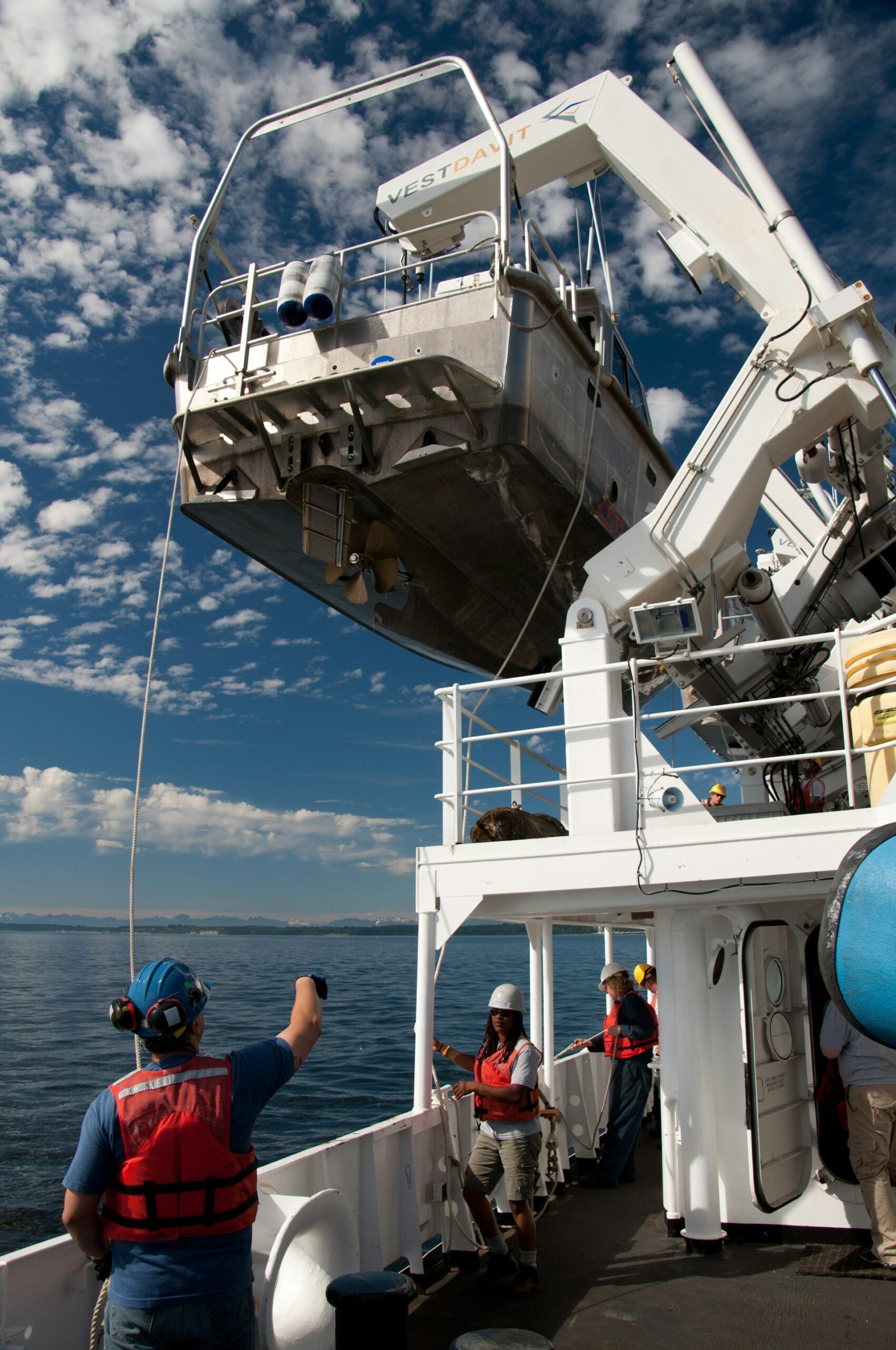Unlocking Value: The Critical Role of Sustainable Water Management in Modern Housing Projects

Photo by Gene Brutty on Unsplash
Introduction: Why Sustainable Water Management Matters in Housing
As urban populations continue to grow and climate challenges intensify, sustainable water management has emerged as a cornerstone for modern housing projects. Beyond environmental stewardship, implementing robust water management strategies delivers tangible benefits: lower utility costs, increased property values, and enhanced quality of life for residents. This article explores the critical importance of sustainable water management in housing projects, provides actionable guidance for developers and homeowners, and details proven strategies for lasting impact.
Key Benefits of Sustainable Water Management in Housing Projects
1. Cost Savings for Residents and Owners
Smart water management directly reduces utility expenses. Studies show that using water efficiently can lower costs by 20-30% for homeowners and tenants [2] . Installing high-efficiency fixtures and appliances in homes can save about 30% of indoor water use, which translates to substantial savings on water, sewer, and energy bills [5] . Real-world examples demonstrate that apartment complexes adopting water-efficient technologies experience a dramatic drop in daily consumption, leading to lower bills and reduced maintenance costs [3] .
2. Environmental Impact and Climate Resilience
Sustainable water management is essential for protecting local ecosystems and ensuring the long-term availability of water resources. By implementing strategies like rainwater harvesting, greywater recycling, and drought-resistant landscaping, housing projects can recharge groundwater, reduce pollution, and filter runoff [1] . These practices not only safeguard natural habitats but also enhance the climate resilience of residential communities, making them better prepared for droughts and water supply interruptions [5] .
3. Increased Property Value and Market Appeal
Homes in communities with advanced water management systems typically enjoy higher resale values. Research indicates that eco-friendly features can boost property prices by up to 10% [2] . As buyers increasingly prioritize environmental responsibility, sustainable housing projects have become more attractive, giving developers and property owners a competitive edge [4] .
Proven Strategies for Sustainable Water Management
Implementing effective water management requires a blend of planning, technology, and community engagement. Below are actionable strategies:
1. Onsite Water Reuse
Onsite water reuse involves recapturing water from showers, sinks, and washing machines for irrigation or toilet flushing. This not only reduces overall water consumption but also lowers utility bills and supports green spaces in housing developments. Cities and developers can begin by evaluating existing infrastructure and partnering with local utilities to integrate these systems. Utility incentives, such as waived development fees, can further reduce implementation costs [1] .
2. Rainwater Harvesting and Greywater Recycling
Rainwater harvesting captures runoff from roofs and stores it for landscaping or non-potable uses. Greywater recycling systems treat wastewater from baths and sinks for reuse, significantly cutting demand for municipal water. Developers can install these systems during construction or as retrofits. Homeowners should seek properties with established water recycling or consult with specialists for upgrades [3] .
3. Water-Efficient Fixtures and Smart Monitoring

Photo by Md Shafi Ahmad on Unsplash
Adopting low-flow toilets, faucets, and showerheads, alongside smart water monitoring solutions, helps detect leaks and optimize consumption. These upgrades may require initial investment but typically pay for themselves within a few years due to utility savings [5] . Residents and property managers should regularly review water bills and use smart meters to track usage trends.
Implementation: Step-by-Step Guidance
For Developers:
- Assess project water needs and local water availability.
- Collaborate with municipal authorities and utilities for incentives such as waived fees and technical support.
- Integrate water reuse and harvesting systems into early design phases.
- Engage sustainability consultants to ensure compliance with relevant regulations and certifications.
For Homeowners and Buyers:
- Inquire about water management systems during property selection.
- Check if the community uses water-efficient appliances and onsite recycling systems.
- Request documentation of water-saving initiatives and their impact on utility costs.
- Consider installing additional water-saving fixtures in your home.
Potential Challenges and Solutions
Despite clear benefits, sustainable water management faces challenges:
- Upfront Costs: Some systems require significant initial investment. Solution: Take advantage of utility incentives, phased adoption, and focus on high-impact upgrades first.
- Regulatory Hurdles: Local building codes may limit certain water reuse systems. Solution: Work with sustainability experts to ensure compliance and advocate for updated regulations.
- Community Engagement: Success depends on resident participation. Solution: Educate residents on benefits and provide training for system use and maintenance.
Alternative and Supplemental Approaches
If onsite water reuse or advanced systems are not feasible, consider:
- Promoting behavioral changes such as shorter showers and leak reporting.
- Using drought-resistant landscaping to minimize irrigation needs.
- Establishing community water conservation committees for ongoing improvement.
Accessing Sustainable Water Management Services and Solutions
For those seeking to implement sustainable water management in housing projects:
- Contact local water utilities and municipal sustainability offices for guidance on available incentives and technical support.
- Search for “sustainable water management consulting” to find reputable specialists in your area.
- Review EPA’s WaterSense program for certified products and best practices.
- Discuss water management strategies with your homeowners association or property manager.
- If purchasing a home, request information on water conservation features and maintenance plans.
Conclusion: Lasting Value Through Sustainability
Sustainable water management is no longer optional for forward-thinking housing projects-it is an essential element for cost savings, environmental protection, and market competitiveness. By adopting proven strategies, engaging stakeholders, and leveraging available resources, developers and homeowners can unlock significant value and contribute to a more resilient future.
References
- [1] Alliance for Water Efficiency (2023). Onsite Water Reuse and Affordable Housing: An Equitable Investment.
- [2] ASBL (2022). How Sustainable Water Management Adds Value to Your Apartment Purchase.
- [3] EarthFokus (2022). How Can Water Conservation Reduce Apartment Maintenance Costs?
- [4] Brigade Group (2021). Water Conservation for Sustainable Real Estate.
- [5] Connected Sensors (2023). The Economic Benefits of Water Sustainability in Real Estate.



